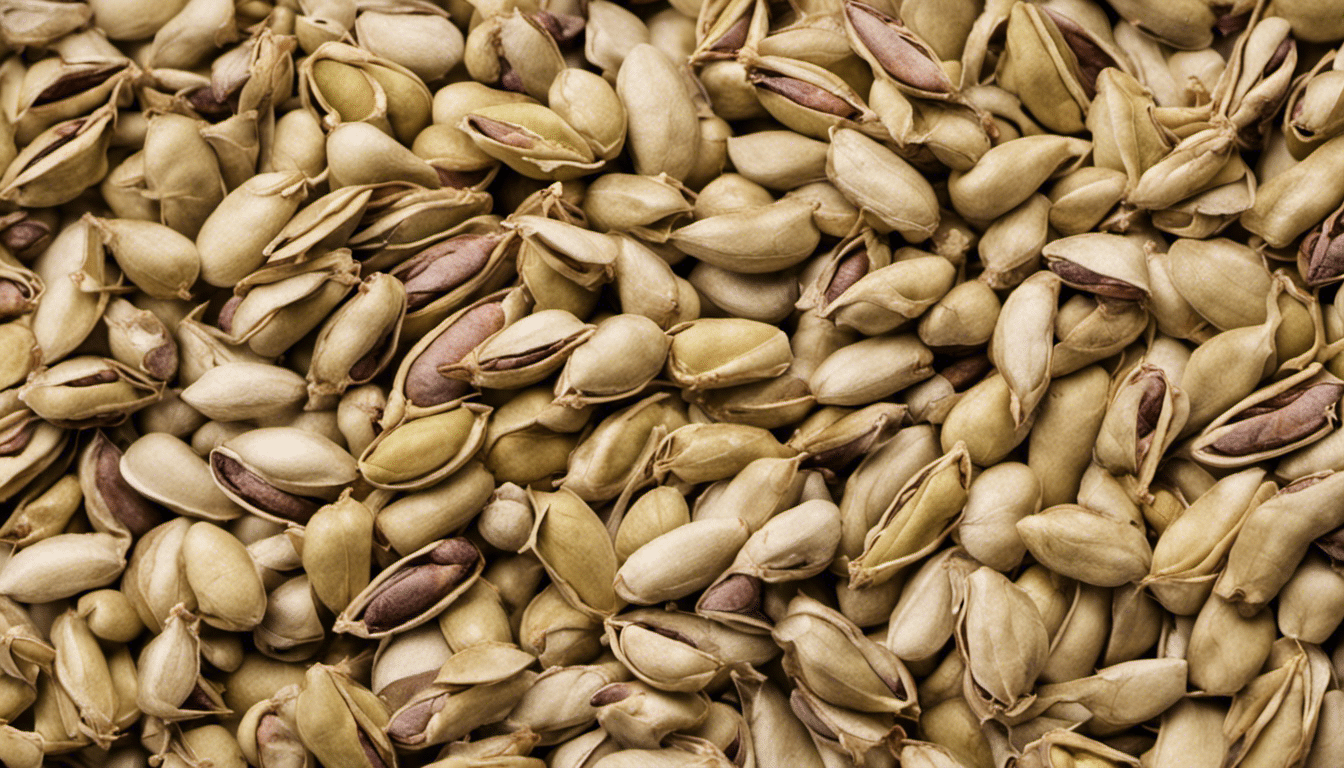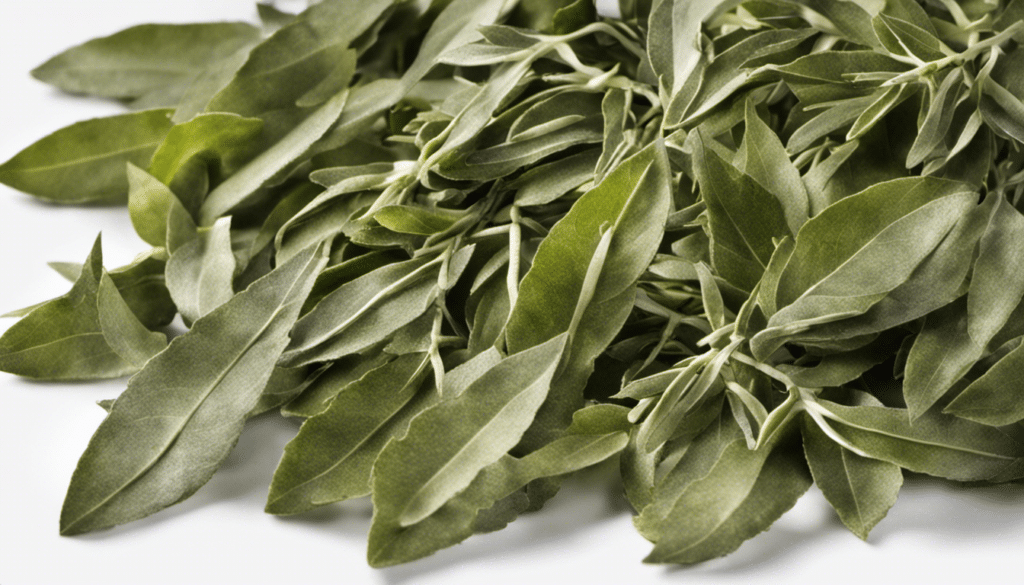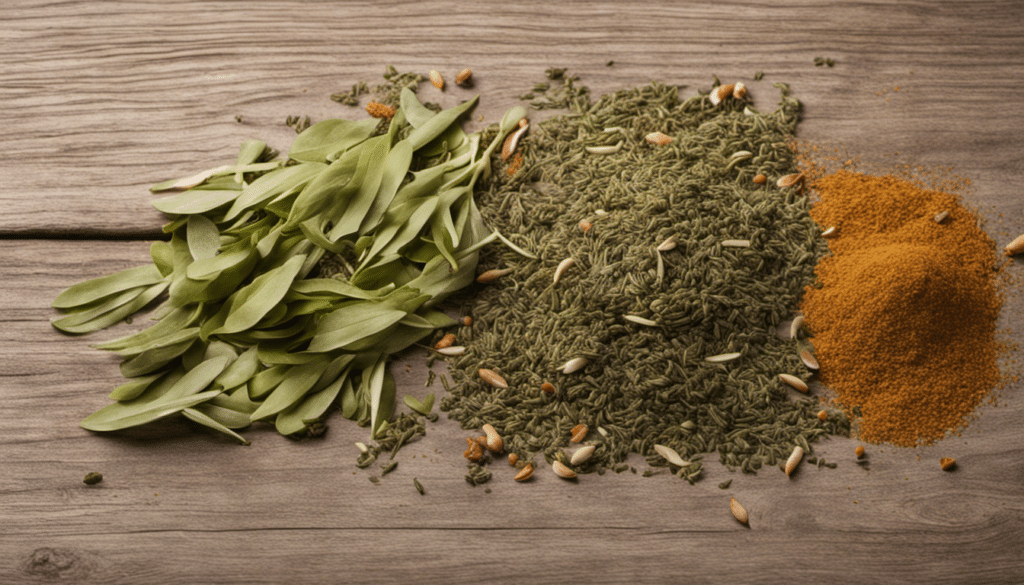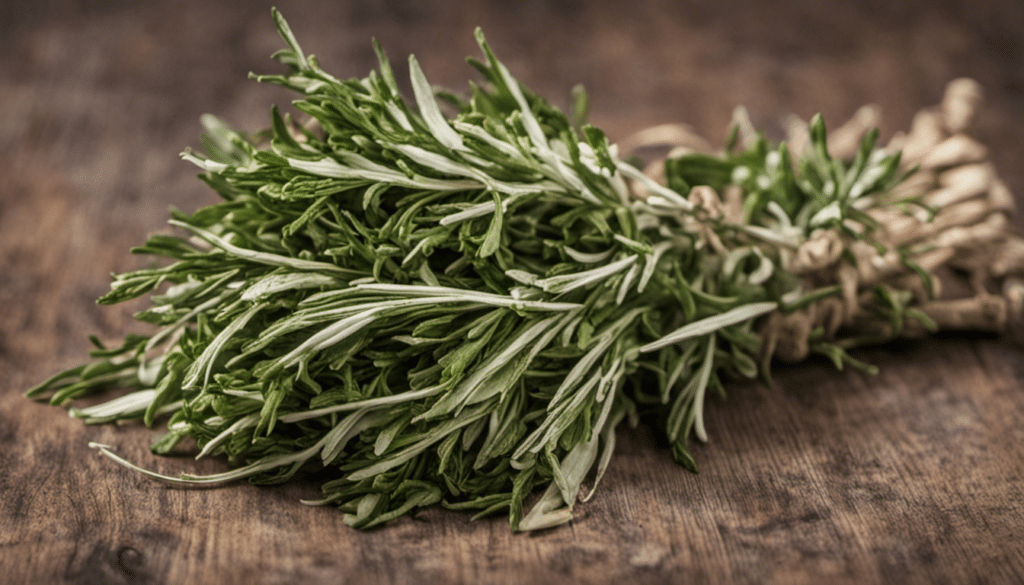Everything You Need to Know About Locust Beans

Understanding Locust Beans
The locust bean, scientifically known as Parkia biglobosa, is a perennial deciduous tree native to Africa. It is treasured for its fruits and seeds, which possess a unique flavor and multiple nutritional benefits. The aromatic seeds are commonly known as ‘dawadawa,’ ‘iru,’ or ‘ogiri,’ and are an essential ingredient in many African and Asian cuisines.
A Snapshot of Locust Bean Origins
Considered a valuable food resource, locust beans are deeply ingrained in African culinary traditions. The tree thrives in tropical climates across Western and Central Africa and is domesticated for its nutritious seeds, which are encased in a sweet, yet pungent pulp. Locust beans are revered not just for their culinary benefits, but also for their integral role in traditional medicines and sustainable farming practices. They serve as a pertinent symbol of resilience, flourishing amidst hostile climates and poor soil conditions.
Nutritional and Health Benefits of Locust Beans
Locust beans offer numerous health benefits due to their rich nutritional profile. They are a substantial source of protein and fat, essential for growth and tissue repair. Also, they provide a dose of dietary fiber, aiding in digestion and promoting feelings of satiety. Moreover, locust beans are a valuable source of calcium and iron, bolstering bone health and blood production, respectively.
Legumes like locust beans are recognized for their potential role in diabetes management, largely due to their low glycemic index. Their high fiber content helps regulate blood glucose and cholesterol levels, reducing the risk of cardiovascular diseases. Studies have also highlighted the antioxidant activity of locust beans, suggesting their potential role in cancer prevention and treatment.
Incorporating Locust Beans into Your Diet
Locust beans are highly versatile and can be incorporated into various dishes. They are often used in fermented form, amplifying their flavor profile and complementing savory dishes. Fermented locust beans are a staple in many soups and sauces, imparting a deep, smoky flavor that’s particularly loved in Nigerian and Ghanaian cuisines.
Remember that the unique taste of locust beans might require some getting used to, but when appreciated, the depth and complexity it adds to dishes is incomparable. There’s nothing like the delightful earthiness of locust beans to enhance the soulfulness of a stew, or its fragrant aroma to breathe life into a simmering pot of grains.
Locust Beans Recipe Ideas
- Locust Beans and Spinach Soup
- Locust Beans Jollof Rice
- West African Locust Beans Stew
- Locust Beans Salad Dressing
- Smoked Fish and Locusts Beans Porridge
- Vegetable and Locust Beans Stir-Fry
- Locust Beans and Lamb Curry
- Spicy Locust Beans and Chicken Stew
- Locust Beans and Groundnut Soup
- Yam and Locust Beans Porridge



